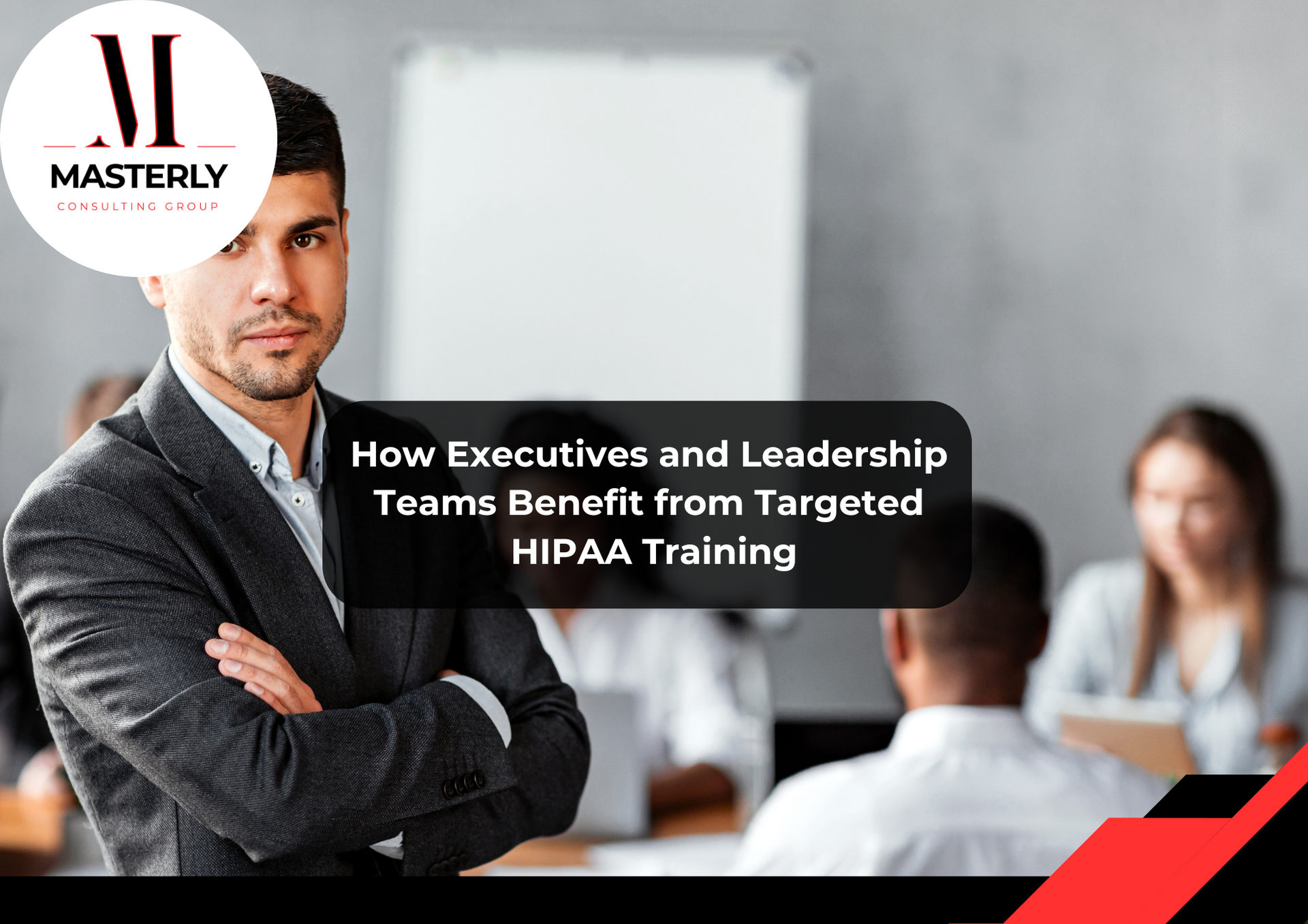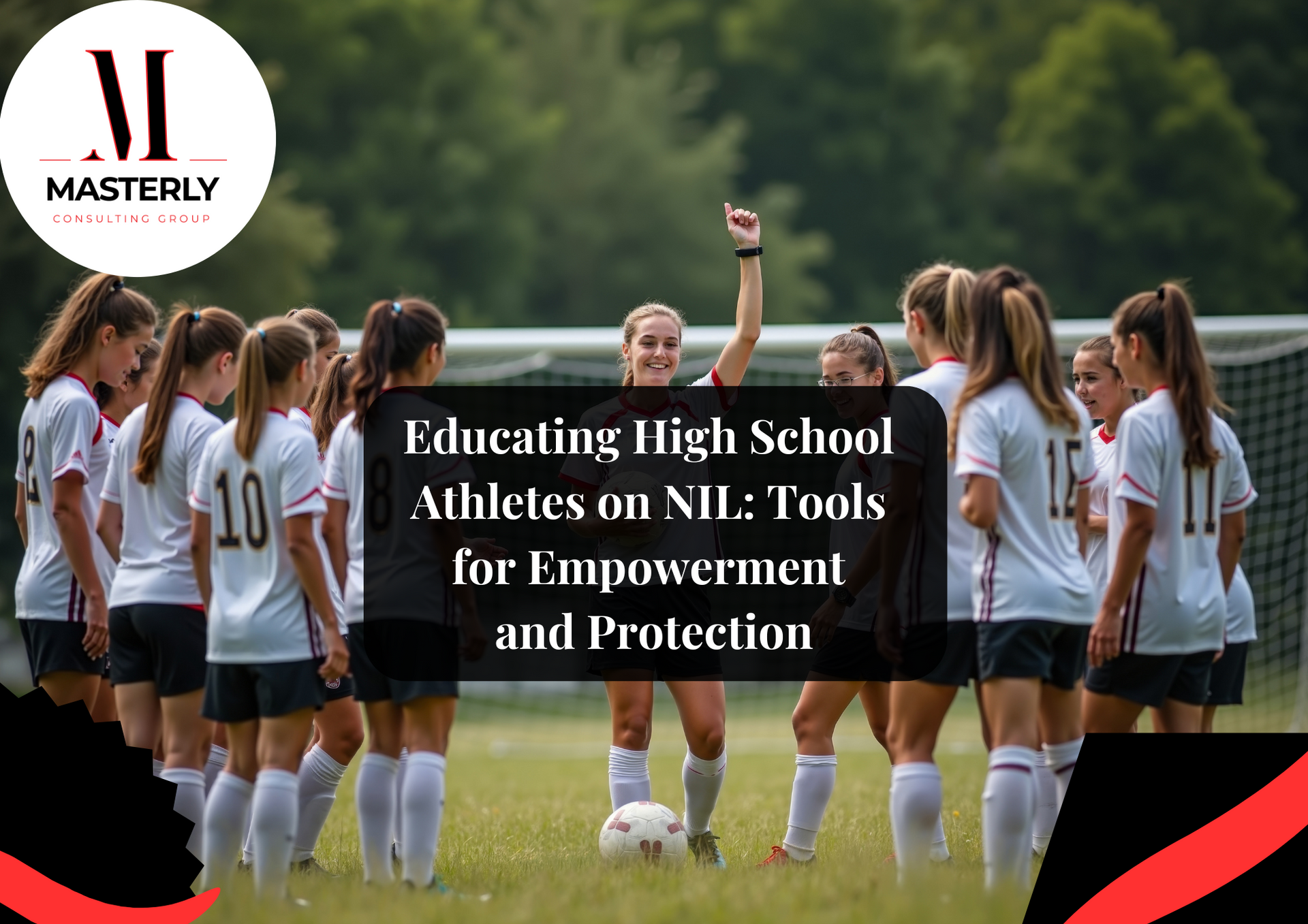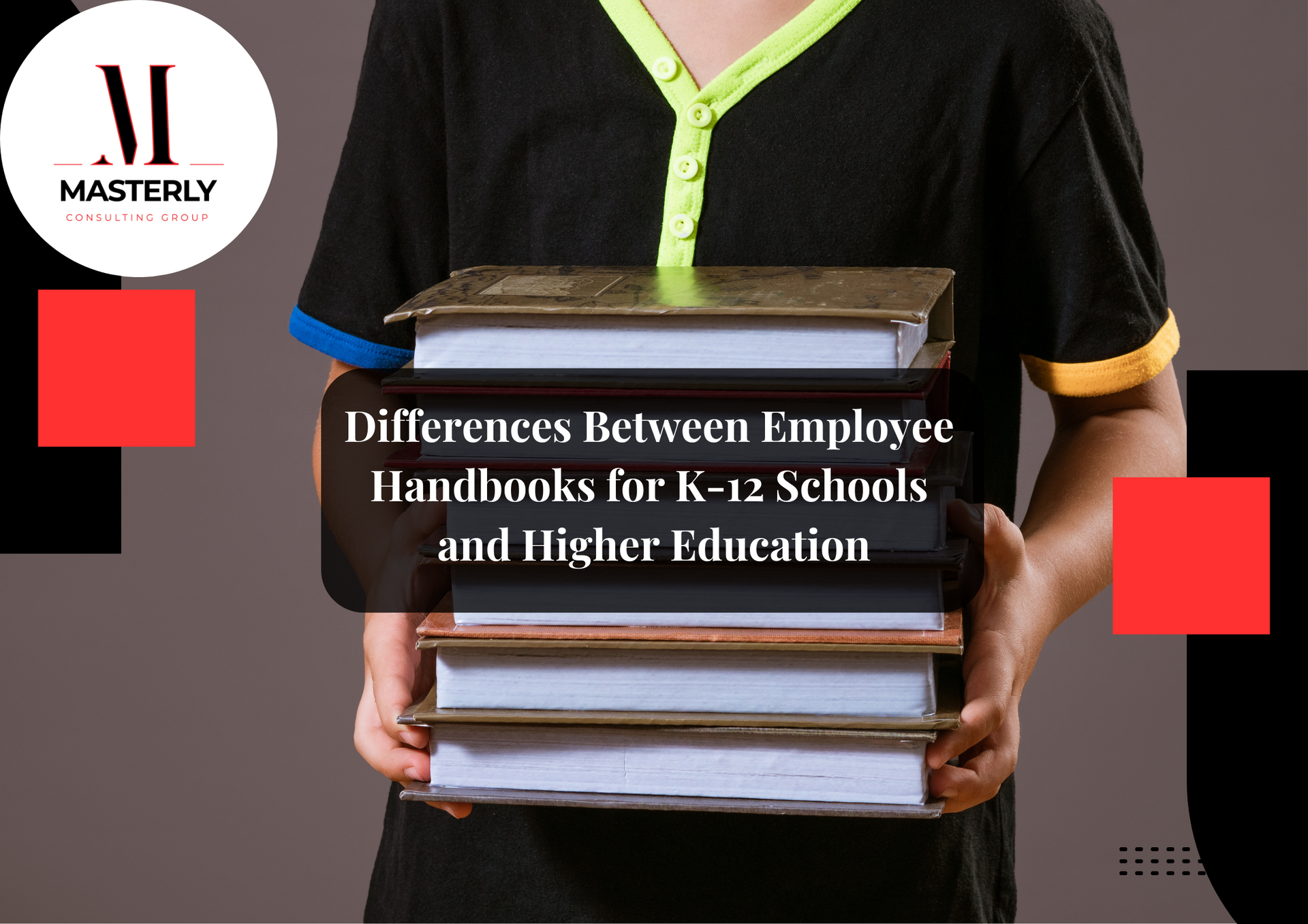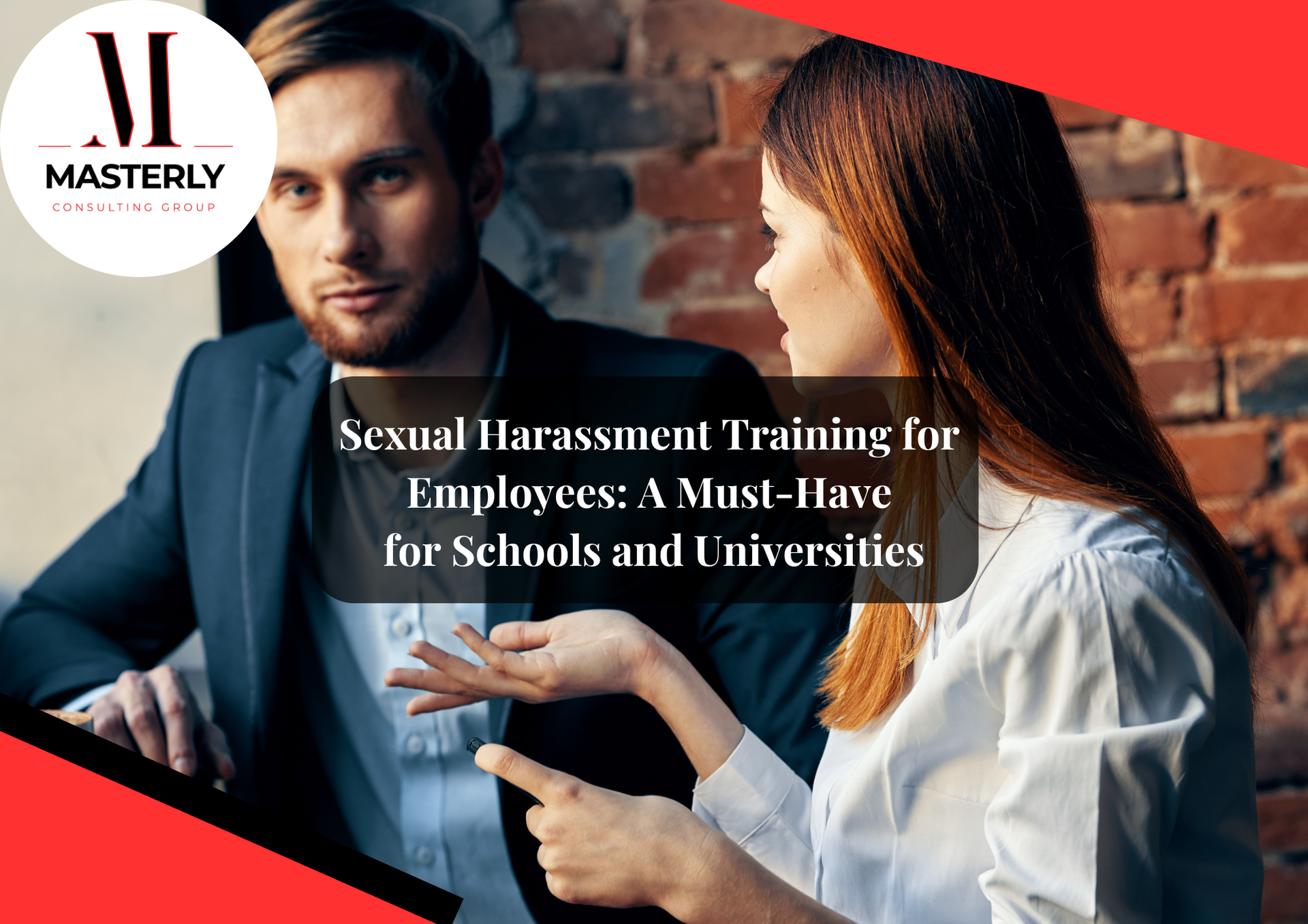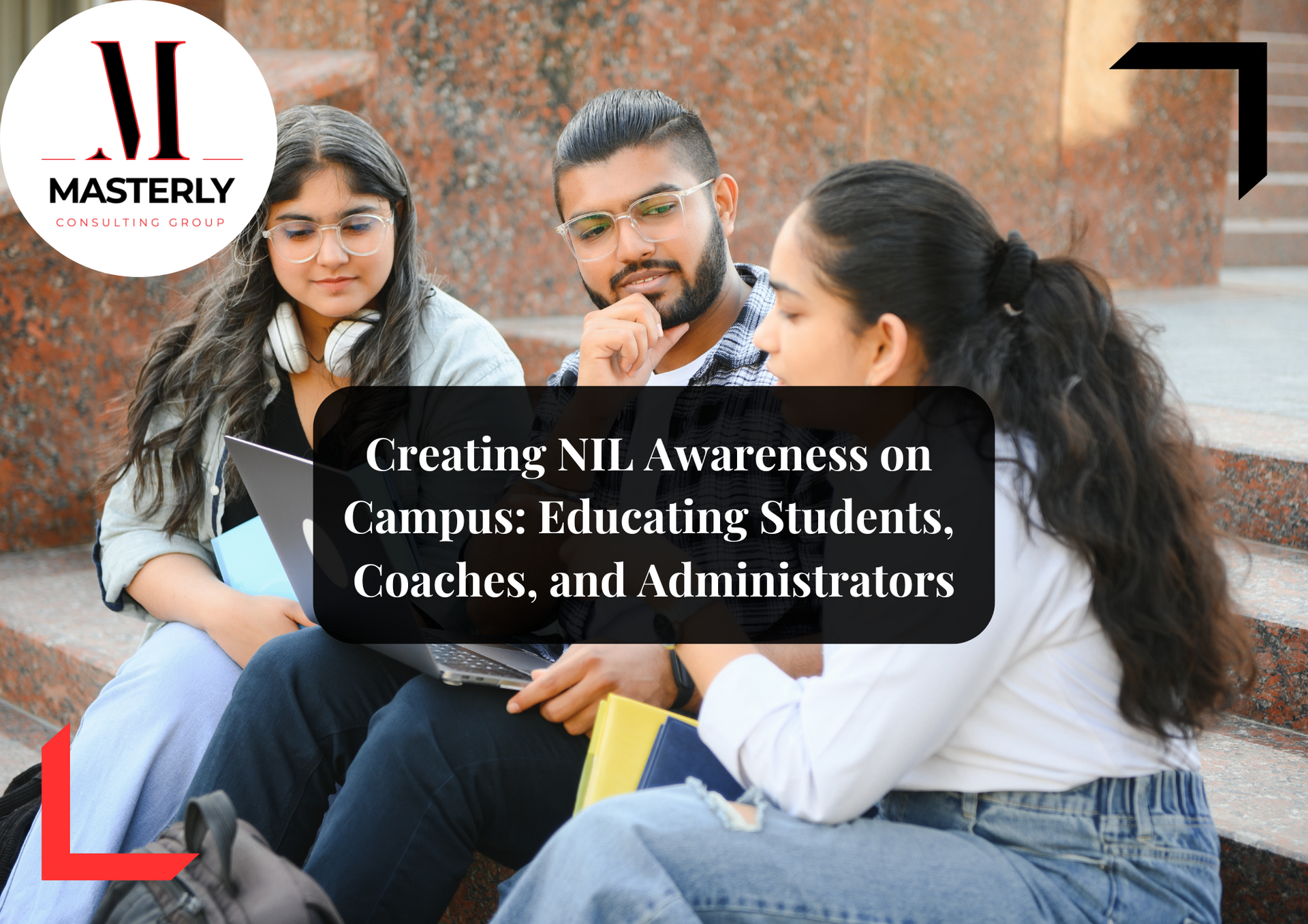NIL Training for High Schools: Preparing Students and Staff for the Future of Athletics
As Name, Image, and Likeness (NIL) regulations continue to reshape the landscape of both high school and college athletics, high school districts must prioritize comprehensive NIL training for students and staff. Understanding the complexities of NIL rules is crucial for protecting student-athletes’ eligibility, maximizing opportunities, and ensuring compliance with both state laws and FHSAA guidelines. NIL training can empower students to make informed decisions, navigate the business aspects of sports, and prepare for future success in college sports.
The Importance of NIL Training in High School Athletics
With the emergence of NIL, high school athletes are now able to benefit financially from their personal brands while still competing in school sports. NIL training helps ensure that both student-athletes and school staff understand the rules surrounding name, image, and likeness and how to comply with state laws and NCAA rules. This training is crucial for preventing students from inadvertently violating NCAA rules related to NIL deals, which could jeopardize their eligibility.

How NIL Deals Work for High School and College Athletes
NIL deals provide student-athletes the ability to earn compensation through endorsements, social media promotions, sponsorships, and other opportunities. For high school athletes aspiring to play college sports, understanding how NIL deals work is critical for navigating these opportunities without infringing on eligibility rules. Schools must educate students on the legal aspects of NIL agreements, ensuring that deals are in compliance with school and conference requirements.
NIL Training: Ensuring Compliance with State and Federal Laws
The NIL landscape is governed by both state laws and federal regulations. State NIL laws can vary, and it’s important for high school districts to stay updated on the specific regulations within their state. NIL training programs should cover how student-athletes interested in pursuing NIL deals can comply with these laws while following their school’s policies. Federal legislation is also evolving, which could impact how NIL activities are regulated on a national level.
Preparing High School Students for College Athletics and NIL
For students transitioning to college athletics, NIL training is vital for understanding the role NIL plays in the college sports ecosystem. College coaches and recruiters increasingly consider how prospective athletes manage their NIL opportunities as part of the recruiting process. Providing high school students with the knowledge and tools to handle these opportunities responsibly will ensure a smooth transition into college sports.

NIL Opportunities for College Athletes
Once in college, college athletes can fully capitalize on NIL opportunities. For many, this can include signing endorsement deals with brands, promoting products on social media accounts, or even participating in paid public appearances. College football players and athletes in other high-visibility sports may have greater NIL potential, but all college athletes can benefit from understanding how to leverage their personal brand.
The Role of College Coaches in NIL Education
College coaches are critical in helping athletes understand how to navigate NIL opportunities while balancing their athletic responsibilities. NIL training for high school students should include guidance on how to work with college coaches to ensure compliance with NCAA rules and their particular school’s NIL policy. By doing so, student-athletes can maximize their NIL opportunities without risking their eligibility.

The Legal and Compliance Aspects of NIL for High Schools
Complying with NIL regulations requires schools and athletes to understand the legal frameworks governing NIL rights. High school districts must ensure that their athletic programs have robust compliance measures in place to help students avoid mistakes that could impact their ability to compete in college sports.
The Impact of NIL Laws and Supreme Court Rulings
The evolution of NIL rights has been heavily influenced by the Supreme Court ruling in NCAA v. Alston, which changed the landscape for compensating athletes. This decision paved the way for NIL legislation and reinforced the concept of fair pay for athletes. Schools must educate students on how this ruling, along with state laws adopted for NIL, affects their ability to engage in NIL-related activities.
Understanding NIL Policies and Guidelines
Every school and athletic association operates under specific NIL policies that govern how athletes can engage in NIL activities. Schools should provide detailed training on how current student-athletes can navigate these rules, including understanding conference requirements and the responsibilities of reporting NIL engagements properly. Failing to comply with these guidelines could result in athletes losing eligibility to participate in sports.

Managing NIL Deals and Building a Personal Brand
NIL training must also focus on helping athletes understand how to effectively manage their NIL engagements while maintaining their academic and athletic performance. This includes building a strong personal brand, understanding the terms of NIL contracts, and learning how to engage with brands and sponsors in a way that aligns with school and NCAA guidelines.
The Role of Professional Service Providers in NIL
Working with professional services providers such as lawyers, agents, and financial advisors can help student-athletes manage their NIL deals responsibly. These professionals provide guidance on the legal and financial implications of NIL agreements, ensuring that athletes protect their NIL rights and comply with school and NCAA regulations. Schools should offer resources to connect students with professional service providers to help them navigate the complexities of NIL.
Navigating NIL Collectives and Agreements
The rise of NIL collectives has introduced new opportunities for athletes to receive compensation through pooled resources from donors or sponsors. Schools must educate athletes on how NIL collectives work and ensure that they comply with their school rules and NIL policies. Understanding the legal and compliance aspects of participating in NIL collectives is crucial for protecting athletes’ eligibility and reputation.

The Future of NIL in High School Athletics
The future of NIL in high school athletics will continue to evolve as new regulations and guidelines are introduced. Schools must remain proactive in staying informed about changes to NIL laws and NIL rules at both the state and national levels. High school districts should regularly update their NIL training programs to reflect these changes and ensure that their students and staff are equipped to handle the dynamic NIL landscape.
Preparing for NIL Opportunities at the National Level
As NIL continues to grow, it’s important for high schools to consider how these opportunities impact athletes on a national level. High-profile athletes may have the chance to engage in lucrative NIL deals that extend beyond their local communities, making it crucial for schools to provide training that addresses both local and national compliance considerations. Understanding the broader NIL landscape will help schools better prepare their athletes for long-term success.

The Importance of Reporting NIL Activities Consistent with Rules
To maintain eligibility, athletes must report NIL activities consistent with their school and NCAA guidelines. This reporting is crucial for ensuring transparency and compliance with NIL rules. Schools should implement clear processes for athletes to report their NIL engagements, helping them stay compliant and avoid potential penalties.
Navigating NIL: Name, Image, and Likeness for College Athletes
The ability for college athletes to profit from their Name, Image, and Likeness (NIL) has transformed the collegiate sports landscape. With NIL deals becoming an essential part of an athlete's career, it’s important for athletes to understand how these agreements work and how to remain compliant with the rules set by the National Collegiate Athletic Association (NCAA). By leveraging their name, image, and likeness, athletes can engage in various promotional activities, but they must follow proper NIL guidelines to protect their eligibility.

NIL Deals for NCAA Athletes and Professional Athletes
Both NCAA athletes and professional athletes are navigating NIL opportunities, but the rules are stricter for college players to maintain their amateur status. High school athletes aspiring to become prospective student-athletes need to be educated on how to approach NIL deals before they enter a particular school. Schools must ensure that athletes understand the difference between professional-level agreements and those allowed under NCAA guidelines.
Understanding State Laws and NIL Regulations
Complying with state law is a crucial component of any NIL deal. Each state has its own set of regulations that govern NIL activities for college athletes and student-athletes in high schools. Member schools must remain vigilant in staying updated on these laws, providing proper guidance to their students. Working with a professional services provider ensures that athletes and schools navigate these regulations effectively and stay compliant with both NIL law and NCAA rules.
NIL Interim Policy and the Future of College Athletics
The NIL interim policy implemented by the NCAA has created a temporary framework allowing student-athletes to profit from NIL without risking their eligibility. This policy is continuously evolving, and both schools and athletes must stay informed about any updates. Educating athletes on how NIL money can be earned under this policy while ensuring compliance with pay-for-play regulations will help them avoid violating NCAA rules.
The Role of NCAA Presidents in Shaping NIL Rules
Both NCAA President Charlie Baker and former NCAA President Mark Emmert have played key roles in shaping the current NIL landscape. Their leadership has guided the transition toward allowing student-athletes to earn compensation while maintaining the integrity of college sports. Understanding the vision of these leaders helps member schools and athletes align their NIL activities with NCAA priorities, ensuring they remain compliant as the NIL landscape continues to evolve.
Contact Us for Expert NIL Training and Consultation
At Masterly Consulting Group, we provide comprehensive NIL training for high school districts, helping students and staff navigate the complexities of Name, Image, and Likeness regulations. Our team of experts offers guidance on compliance with state and NCAA rules, ensuring that your athletes can maximize their NIL opportunities while protecting their eligibility.
Contact us at (888) 209-4055 for a free consultation to learn how we can help you implement effective NIL training programs for your school. We’re here to answer any questions and provide the support you need in navigating the evolving NIL landscape.

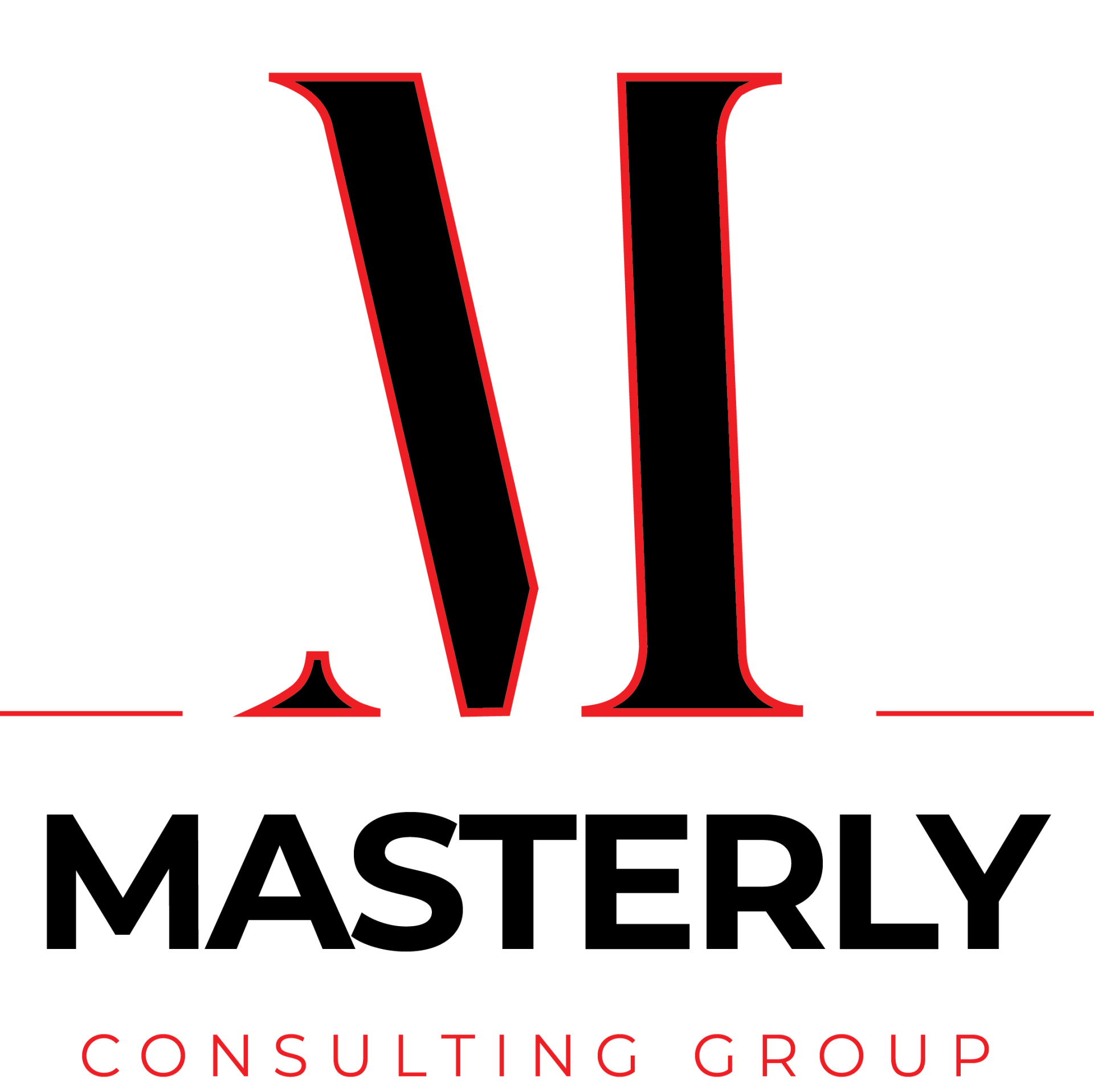
Masterly Consulting Group
Office Number
(888) 209-4055
Office Locations
Dallas, TX | Uptown Area
Houston, TX | Galleria Area
Grand Prairie | Training Center
West Palm Beach, FL | Downtown
Coming Soon
Atlanta, GA
Latest news

